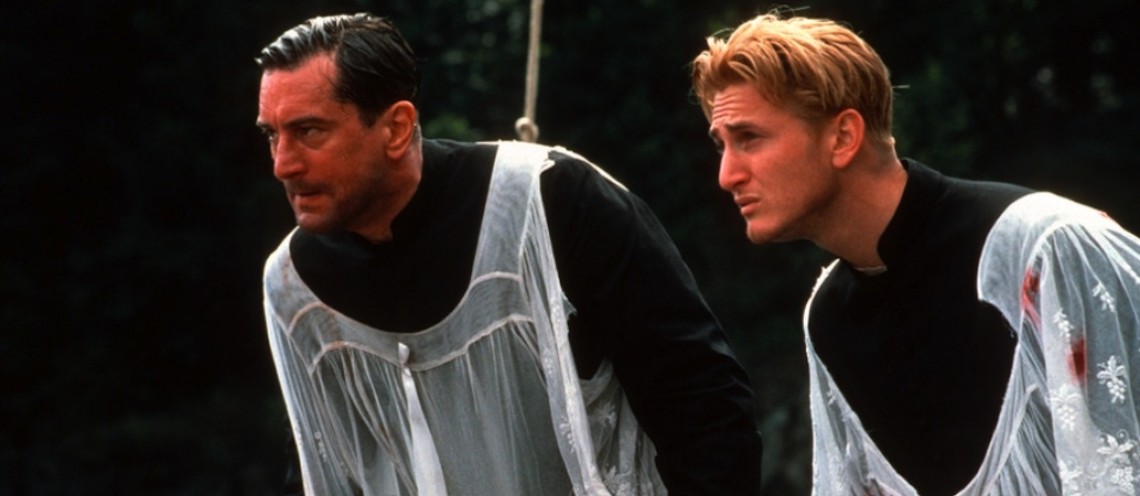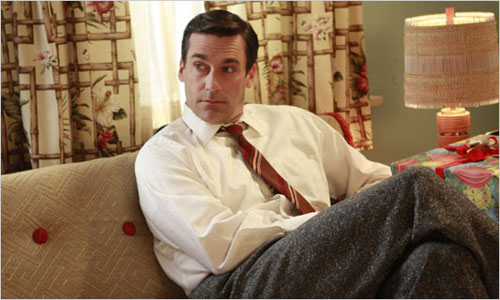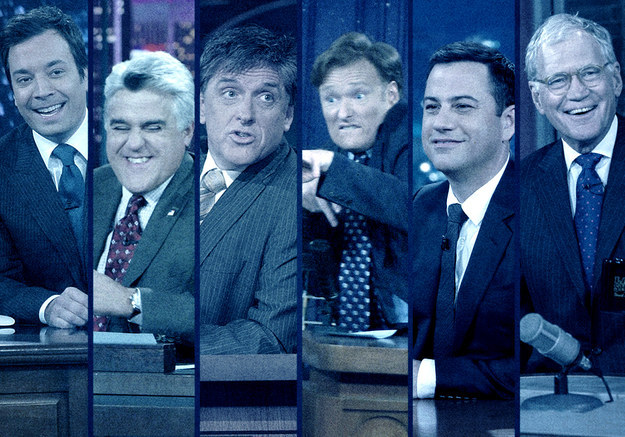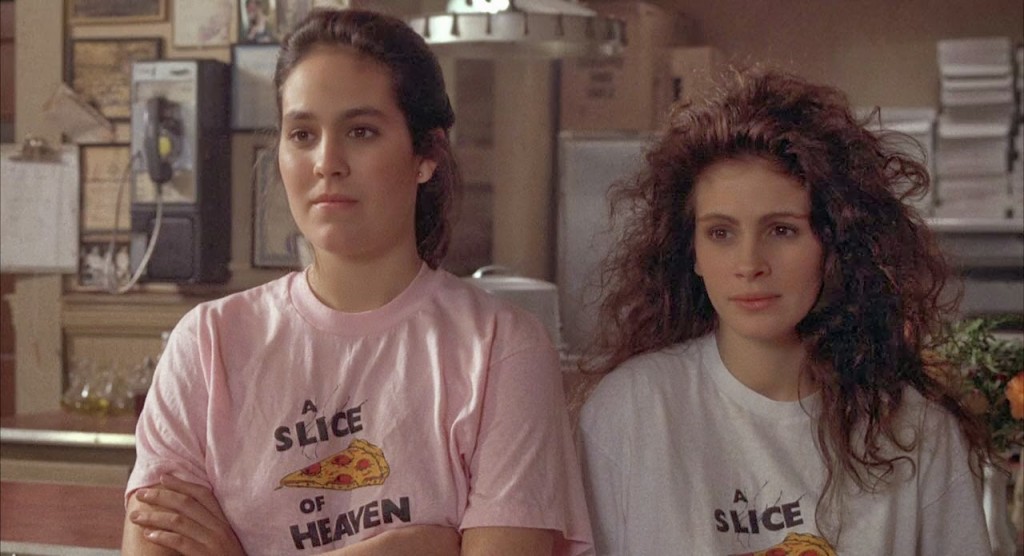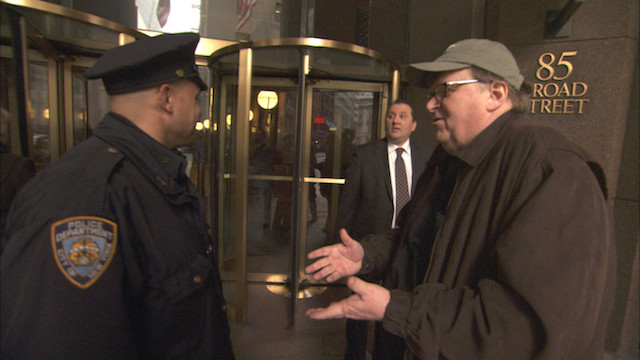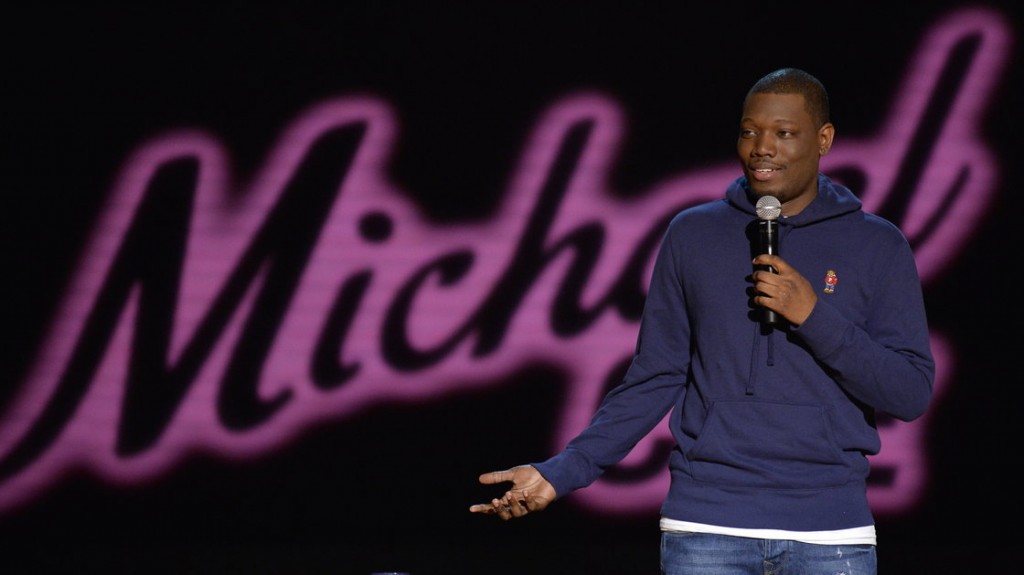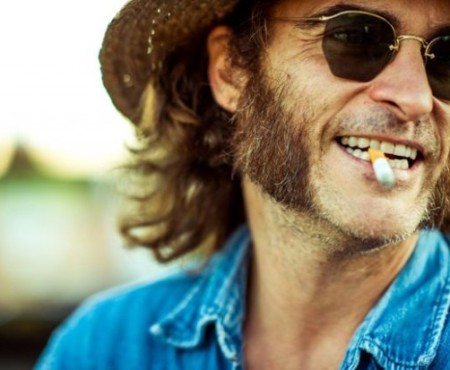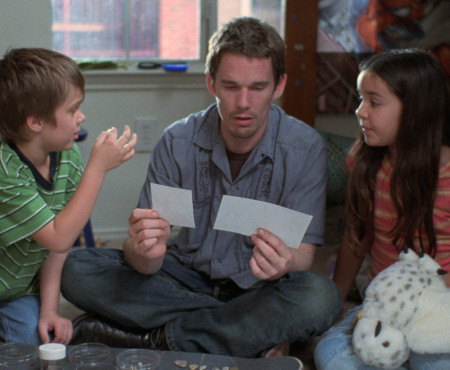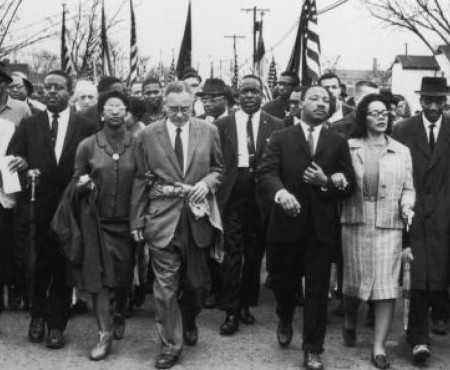Every week, With a Little Help from Our Friends highlights the best pieces of writing on film, television, and literature published around the Internet. Check out the links, and feel free to share more good stories in the comment section.
For your reading enjoyment …
“The Death of Adulthood in American Culture” by A.O. Scott
“We were invited to participate in their self-delusions and to see through them, to marvel at the mask of masculine competence even as we watched it slip or turn ugly. Their deaths were (and will be) a culmination and a conclusion: Tony, Walter and Don are the last of the patriarchs.”
“The ‘death of adulthood’ is really just capitalism at work” by Andrew O’Hehir
“He is right that this happened, but he doesn’t appear to see (or doesn’t want to say) exactly how and why it happened. The suit-wearing, gin-drinking 35-year-old Organization Man of 1964 and the couch-bound, action-figure-collecting 35-year-old fanboy of 2014 are dialectical mirror images of each other, economic archetypes called forth by their respective eras.”
“Not Everyone’s Boyhood” by Imran Siddiquee
“The Seattle Times says Boyhood is ‘the most engrossing coming-of-age movie in the history of the genre.’ That assertion may be true, but it’s also true that the popular history of the genre has been largely limited to imagining the lives of white kids.”
“The Unbearable Whiteness Of Late Night” by W. Kamau Bell
“But the people who run late night don’t need us blacks to host anymore. Once Arsenio left, late night picked the bones of his show. They picked them so clean that when he came back there wasn’t enough to make it feel as different as it had been the first time. Late night didn’t need a black host because it had all the black host’s guests.”
“How Julia Roberts became an icon playing the Girl Next Door” by Matt Singer
“Roberts only has a few minutes of screen time and a couple of lines, but she makes the most of them. Within seconds of her first appearance onscreen, she unleashes that one-of-a-kind smile: big and wide, with more teeth than a denture factory.”
“Should Documentaries Be More Entertaining?” by Christopher Campbell
“Filmmakers who want to be advocates can be, with their feature-length ads for a cause or about an issue, docs that ultimately tell us what website to visit in order to do our part. There are also a lot of necessary docs that have no business being entertaining, like The Invisible War and Shoah. The new Nick Broomfield film is one of his least entertaining due to his holding his personality back from dominating the material, and it’s also one of his best. Not that issue-centered docs can’t be entertaining. How to Survive a Plague is very sad for a lot of its AIDS history, but it also has a lot of entertaining moments, including a rather triumphant climax. There are also other issue films that function first as character-driven stories where the message is easily understood by an audience not hit over the head with propaganda-like form and rhetoric.”
“The black Victorians: astonishing portraits unseen for 120 years” by Sean O’Hagan
“’There is a certain melancholy to many of these images, particularly the portraits of children, that speaks of exile and estrangement,’ says Mussai. ‘That is certainly the case with Alamayou and Ndugu M’Hali, who was known as Kalula in his role as companion-servant to the explorer Henry Morton Stanley. The history of colonialism, in all its contradictions, is present in these portraits.’”
“Robert De Niro and the origin of ‘The Face'” by Scott Tobias
“The Face is a pinched expression—mouth down, eyes pleading, wrinkles creasing sharply on his forehead and along his cheeks. It’s the ‘this’ in Analyze This; it’s the ‘that’ in Analyze That. Whenever De Niro wants to look comically aggrieved, that’s where he goes, and it’s a note he mashes with the metronomic regularity of a Philip Glass composition. We’re No Angels appears to be Patient Zero for The Face, which spread like wildfire across De Niro’s career once he contracted it.”
“7 Steps to Living a Bill Murray Life, by Bill Murray” by Jada Yuan
“He sings when the mood strikes him, and when it does, he means it. As he walked out onstage on Friday night at the Toronto Film Festival to the sounds of Prince’s ‘Raspberry Beret,’ Murray grabbed a microphone and sang a few verses of the song. He would repeat the performance (sans mike) at an after-party later that night, where he would also lead a dance party, as he has been known to do in the past.”
“Why Michael Che’s New Role Could Change More Than ‘SNL'” by Eric Deggans
“What critics like me find appropriate is more humor reflecting a wide range of cultural perspectives — like Che’s Daily Show pieces advising black folks not to even attempt carrying guns the way some white open-carry activists do, and traveling into outer space to find a safe place for a black person to talk about police brutality.”

















